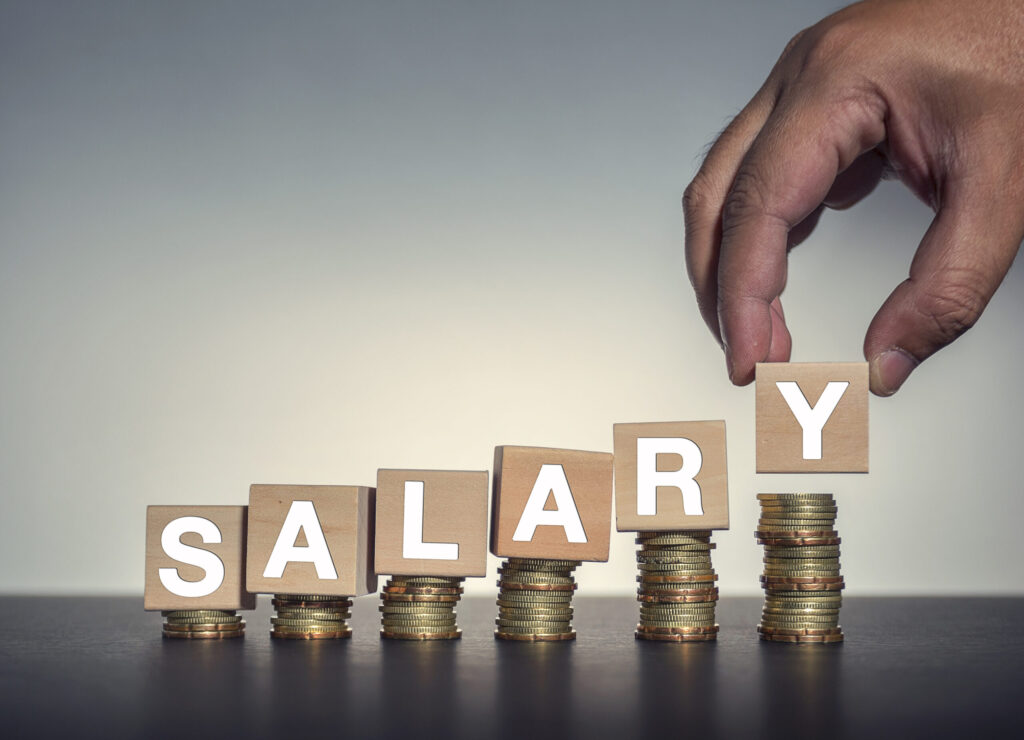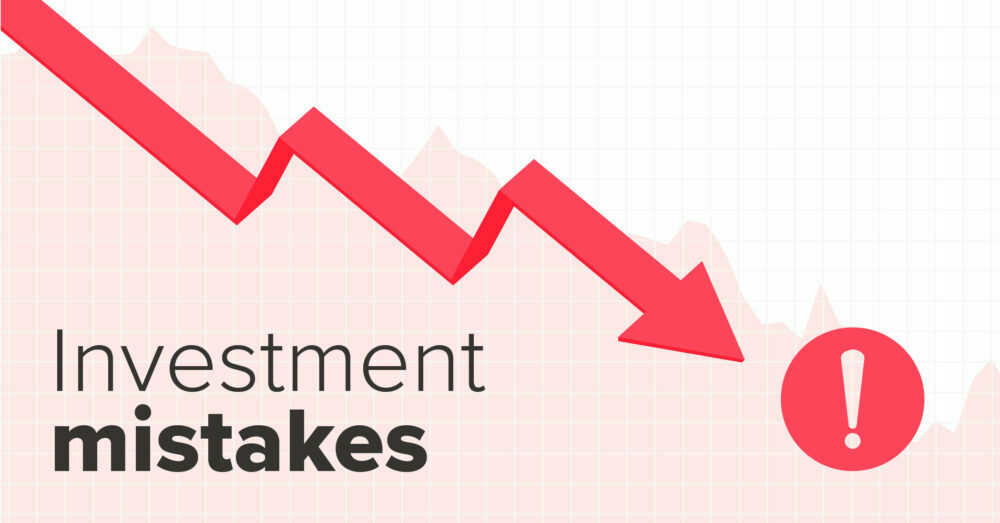Why Your Salary Looks Big but Feels Small
Dear Amanda,
You wrote to me last week from your apartment in Avondale. You are 27 years old, unmarried, and working as a senior administrator in a reputable company. You earn a net salary of $1,200 per month. By all accounts, this is a very respectable income in Zimbabwe today. Yet, despite this, you find yourself broke 2 weeks after payday, wondering where all your money went. You feel trapped in a cycle where your salary looks big on paper but feels painfully small in reality.
Amanda, let us talk about the lifestyle trap that has ensnared so many young professionals like yourself.
Why Your Salary Disappears Quickly
The first time you received your $1,200 paycheck, it felt like a breakthrough. You were excited. You immediately upgraded from your modest flat to a modern apartment with better finishing. You bought new furniture on credit. You treated yourself to expensive clothes, fine dining, and weekend getaways. After all, you worked hard for this. You deserve to enjoy it, right?
But here is the trap: every lifestyle upgrade that felt small and harmless individually has now stacked into a heavy monthly burden. Rent, utilities, fuel, DSTV, Netflix, clothes, eating out, and unexpected social obligations—each slices away at your paycheck until nothing remains.
The Illusion of Progress
On the surface, you look successful. Your friends admire your apartment. Colleagues compliment your wardrobe. Family members are proud that you are the one “who made it.” But your bank account tells a different story. Each month you start again at zero, living for payday like someone earning far less. What looks like progress is actually disguised financial stagnation.
The Debt Spiral
To maintain this lifestyle, many professionals begin leaning on loans, and salary advances. The short-term relief feels good, but the long-term result is devastating. Interest rates quietly erode your future income. Soon, you are working not for yourself, but for banks and creditors. Debt becomes the silent boss of your life.
The Difference Between Image and Wealth
Amanda, here is a truth that stings: image is not wealth. Owning designer clothes is not wealth. Driving a car that eats half your salary in fuel and maintenance is not wealth. Living in a fancy apartment you do not own is not wealth. Wealth is assets that grow silently while you sleep—land, shares, businesses, savings that compound over time. Until your money works for you, your lifestyle is just performance, not progress.
What You Could Be Doing Instead
If you had kept your old flat and modest expenses, your surplus would be $500 or more every month. That is $6,000 in a year. In 2 years, you could buy a stand. In 4 years, you could build a starter home. In 10 years, you could own multiple rental units bringing you income whether you are working or not. Instead, you are locked in a cycle of working only to survive another month.
The Psychology of Comparison
Part of the lifestyle trap comes from comparing yourself to peers. You see friends posting trips, cars, gadgets, and you feel pressure to match them. But you do not see their loan repayment bills. You do not see the sleepless nights from debt. Social media only shows the highlight reel, never the financial stress backstage.
The Freedom of Financial Discipline
True freedom comes not from impressing others, but from building assets that buy back your time. When you live below your means, you create breathing space. You reduce anxiety. You open doors to future opportunities. Financial discipline today is what creates financial independence tomorrow.
Your Way Out of the Trap
Amanda, here is a simple roadmap:
Step 1: Track every expense for 3 months using the ZimLedger app. See exactly where your salary is going.
Step 2: Cut lifestyle costs that do not create long-term value—eating out, luxury subscriptions, impulse fashion spending.
Step 3: Downsize where necessary. A smaller apartment today could mean owning your own home in 5 years.
Step 4: Build an emergency fund that covers at least 3 months of living expenses.
Step 5: Redirect surplus income into assets: land, a side business, or investments.
Step 6: Set a 5-year vision—what assets do you want to own, what income streams do you want, and how will you get there?
The Choice Before You
Amanda, your salary is not too small. Your lifestyle is too big. If you keep feeding the lifestyle trap, you will spend the next decade looking successful but feeling poor. If you step out now—choosing discipline over image—you will spend the next decade quietly building wealth that speaks louder than appearances ever could.
The choice is yours. Live for today’s applause or tomorrow’s freedom.
With respect for your financial journey,
ZimLedger Admin
ZimLedger
ZimLedger is the all in one business and finance platform for Zimbabwe. It generates quotes, invoices, payslips and financial statements, manages business ledgers, tracks income and expenses, and builds shopping lists. ZimLedger offers a simple yet powerful solution tailored to local needs. Whether you are budgeting in ZiG or USD, managing business accounts, converting Ecocash statements, or tracking household expenses, ZimLedger empowers you to stay organised, make informed financial decisions, and grow your wealth—right from your phone or computer.










